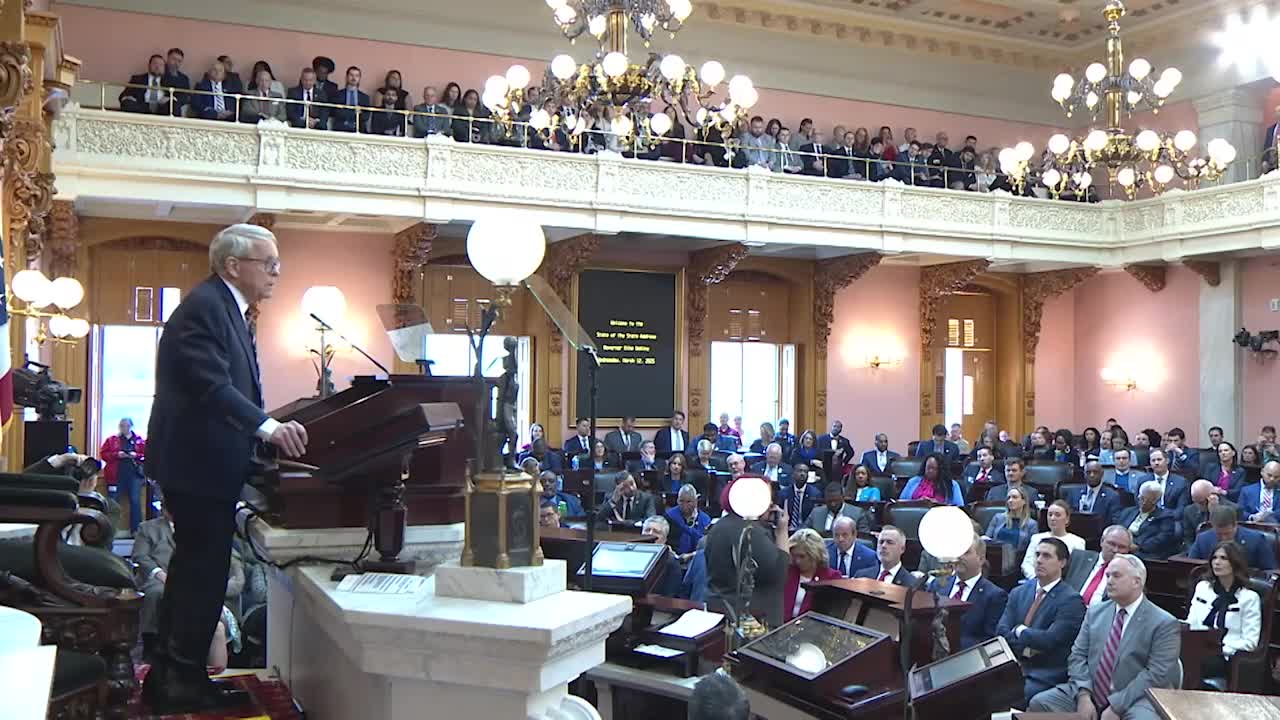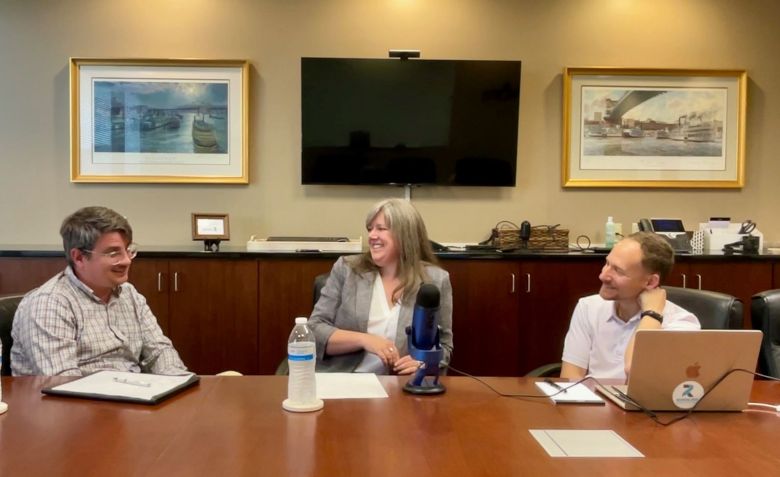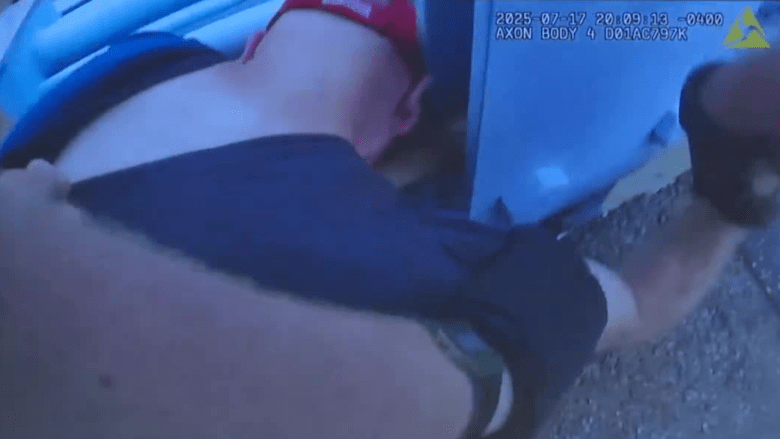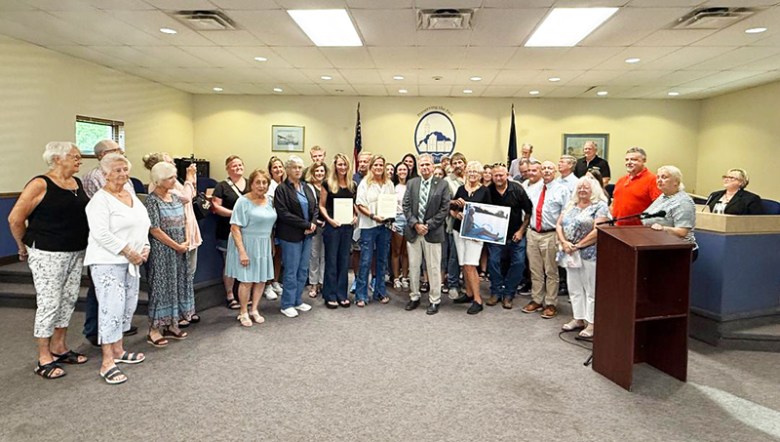Columbus, Ohio As House members continue to ponder overriding his vetoes, Ohio Governor Mike DeWine is highlighting the significance of supporting and funding schools. The governor blocked a number of budgetary measures that the GOP claims would lower property taxes, sparking the most recent Republican infighting.
The executive is dealing with the aftermath from the Ohio House’s override of one of DeWine’s vetoes on Monday.
On Wednesday, the governor declared, “We have to fund our schools,” “We have to fund our mental health in the state.”
DeWine vetoed limitations on the ability to propose an increase to a current levy or place emergency levies on the ballot in the two-year state operating budget. This clause does away with property tax levy substitutes for all political subdivisions. It would have barred schools from enacting a combined school district income tax and fixed-sum property tax levy, a substitute emergency levy, or a fixed-sum emergency levy.
However, the House barely met the 60-vote threshold, passing an override of the clause 61-28. Republican state representative Scott Oelslager (R) joined all of the Democrats in attendance in voting against it. Although he did not return for the override session, former Speaker Jason Stephens (R-Kitts Hill) stated that he would vote against it.
RELATED: Ohio House Republicans limit school levies by overriding one of Governor DeWine’s vetoes
House Speaker Matt Huffman (R-Lima) gave an explanation of his motivation for trying to override vetoes on Monday.
“[Voters] don’t quite know what they’re voting on because everybody wants to ‘Vote yes for the kids,’ but later on they find out how high their taxes went,” Huffman stated.
According to Huffman, the speaker also wants to overturn two additional vetoes because the GOP, minus DeWine, wants to quickly grant property tax relief. He couldn’t garner enough votes to overcome them, though.
DeWine eliminated a clause that would have permitted county budget commissions to divert funds from approved school levies on their own initiative if they deemed it “reasonably necessary.”
Another that would have mandated that the 20-mill floor calculation for school finance reasons include emergency and substitute tax levies, incremental growth levies, conversion levies, and the property tax component of combined income tax and property tax levies was also vetoed by him.
The issue is that “taxes [are] too high” and “government spending [is]” too high at the municipal level, adding, “We have to have a governor who wants to do something about this,” Huffman stated.
As the GOP removed hundreds of millions of dollars from anticipated funding this year, schools have been claiming that this will force them to make significant cuts to programs, staff, and facilities.
Given that schools are already experiencing financial difficulties, we assessed the potential effects of the provisions:
RELATED: The governor and Ohio schools express concern over what they describe as a damaging budget.
“Does the state have an obligation to fund the schools more than we’re doing in this current budget?” DeWine was asked.
The governor retorted, “Well, we’re in a process,” adding that the override is still subject to change. “The two big goals are: we have to get relief to those who really need the relief, and second, we have to continue to be able to support our schools.”
He proposes a new property tax working group as part of his approach and as a means of discouraging overrides. The team, which consists of superintendents and county auditors, will assess the most effective policies.
The governor stated, “They’re going to focus for the next 60 days,” and that Thursday is their first meeting.
You don’t need the group, Huffman said.
“I’m, I guess, flabbergasted that the governor would veto these and say, ‘Well, let’s just keep studying it,'” said the speaker.
Over the past few years, there have been various property tax study panels, but politicians have not proposed any meaningful remedies.
“We have to do something to help those individuals in a pinpointed manner,” added the governor.
The Senate must still approve the levy override before it becomes effective.
Before the law takes effect at the end of September, the MPs will probably try the remaining overrides:
RELATED: What other veto overrides are Republicans in the Ohio House considering?
The deadline for lawmakers to override is the end of 2026.






